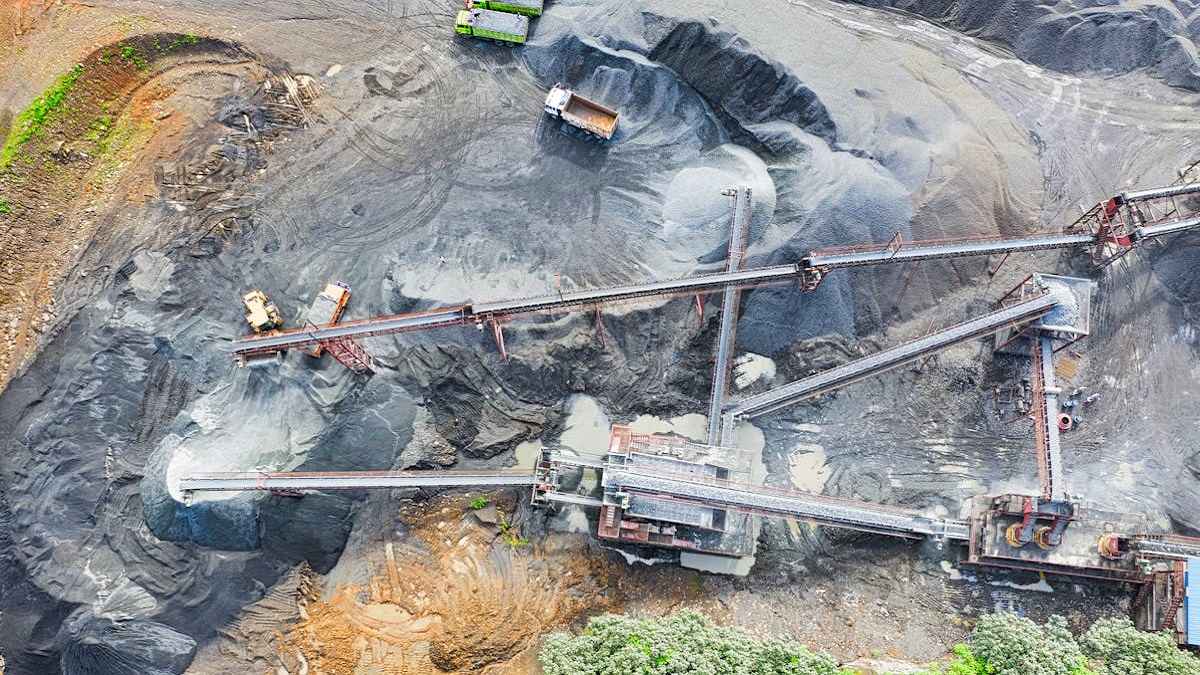Equatorial Guinea’s Vice President Teodoro Nguema Obiang Mangue and the country’s Chamber of Mines provide insight and clarification into the future of Block B
MALABO, Equatorial Guinea, March 22, 2024/APO Group/ —
Following an article published by the Financial Times (FT) regarding ExxonMobil’s exit from Block B, Equatorial Guinea’s Vice President Teodoro Nguema Obiang Mangue and the country’s Chamber of Mines offer further clarification on the future of Block B and the opportunities for foreign investment in the country’s oil and gas sector.
ExxonMobil’s Departure from Block B
ExxonMobil signed a Production Sharing Contract (PSC) with Equatorial Guinea in 1995 – almost 30 years ago – for a 71.25% stake interest in Block B. With the expiration of the PSC, the ownership of the assets of Block B and its operations carried out by the contracting group – formed by ExxonMobil and GEPetrol S.A. – are transferred to the state as stated on the PSC. The expiration of the PSC includes events such as the dissolution of the contracting group, the termination of operations and, naturally, the withdrawal out of the block of the companies that make up said contracting group. All these events are certain and expected events already foreseen on the PSC that was signed by mutual agreement.
Therefore, the termination of the contract has never been a speculative, uncertain, or unknown event. It has always been part of the contractual order. Likewise, the leakage of water into the FPSO at the Zafiro field is not related to the end of ExxonMobil’s operations in Block B. ExxonMobil’s disinvestment policy in some parts of the world has also been due to, among other reasons, its great discovery in Guyana.
The Future of Block B
The transitions of operations and assets of an IOC that operates fields in a certain country, in favor of another company (receiving operator) designated by the state, are common in the oil and gas industry. While it is true that this phenomenon is not common in Africa, it is a historically common phenomenon in places such as the Middle East, Asia and elsewhere.
The search that started several years ago for companies to replace ExxonMobil in Block B was a process that had nothing to do with the government but rather with the company itself, whose intention was to hand over the operations and assets to another firm long before the termination of the PSC. Although Equatorial Guinea is open to foreign investment and works firmly to increase foreign investment in the country, the government of Equatorial Guinea has never had the strategy to propose replacing ExxonMobil with another international company.
Equatorial Guinea has expressed intention to and is moving towards operating – for the first time in the country’s history – producing oil assets, which will also be transferred from an oil major. The country has high expectations because of this and is very grateful for the great collaboration that ExxonMobil continues to offer. In fact, there is a list of more than four collaboration options in Block B related to the block operations, assets equity, and operations financing presented by IOCs which the Government is carefully and responsibly balancing in order not to impact its current ambitions to operate these types of fields through its oil companies.
American Investment Remains Key
The largest investment in the history of Equatorial Guinea has been from America. This is not only a phenomenon of the past but also of the present. The position of the Republic of Equatorial Guinea, with respect to its commercial relations with countries worldwide – including China, one of the great commercial partners of Africa and the world –, has not changed. What is changing is the global geopolitical situation regarding the interrelations between the countries worldwide. The position of the Republic of Equatorial Guinea, based on prioritizing everything that improves the standard of living of citizens, is to prioritize the best possible commercial relations, not only with those countries that accept them, but also with those that show reluctance to accept our open arms. Regardless of the evolution of diplomatic and political relations between Equatorial Guinea and the US, the status of interaction between the country and American companies is satisfactory. We will continue working to improve it.
Equatorial Guinea is open to American investment and invites American companies to increase their presence in our country to work together to improve the standard of living of our citizens and their citizens. With respect to American companies existing in the country, the government has always expressed its willingness to privilege their positive action in the country’s economy. The relations between the government and these companies are solid and have common interests, the preservation of which we are willing to continue working together.
In conclusion, our vision on the relations between Equatorial Guinea and the world has not changed. And this includes maintaining the best possible and mutual relations with the US and American companies – partners in the country’s development for decades. The Bata Port, built by a Chinese EPC contractor, is a major project that belongs to the government. Chinese contracting companies have been and shall continue to be part of the evolution of the country’s infrastructure, as is the case in many African countries. China has joined the list of Africa’s great partners.
Distributed by APO Group on behalf of Ministry of Mines, Industry and Energy Equatorial Guinea.


 Energy4 days ago
Energy4 days ago
 Business4 days ago
Business4 days ago
 Business4 days ago
Business4 days ago
 Energy3 days ago
Energy3 days ago
 Business4 days ago
Business4 days ago
 Business4 days ago
Business4 days ago
 Energy4 days ago
Energy4 days ago
 Energy3 days ago
Energy3 days ago












